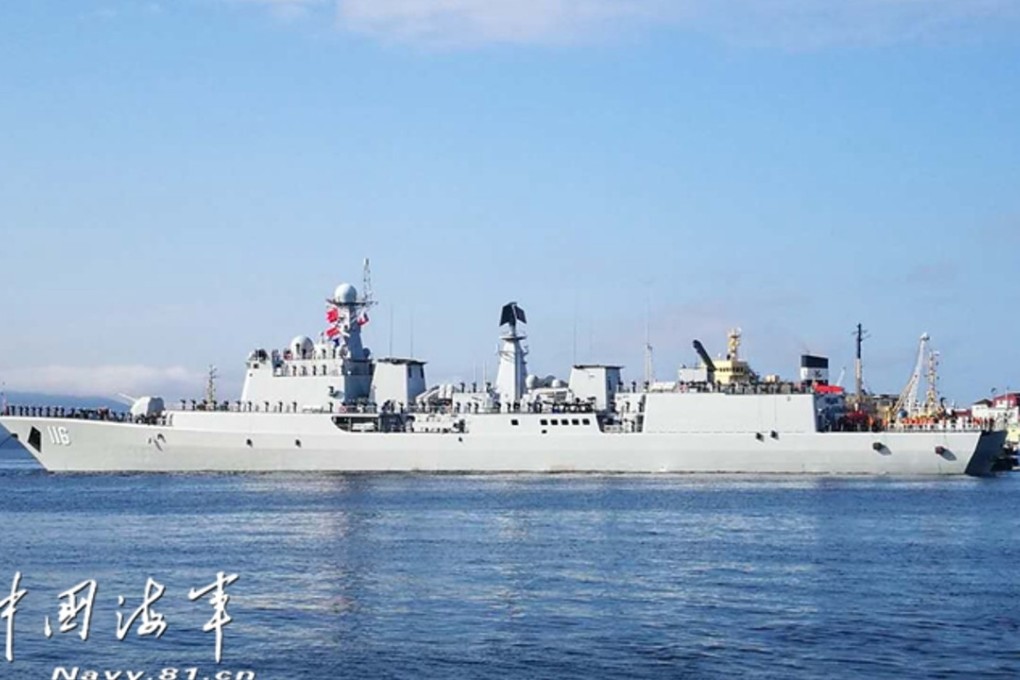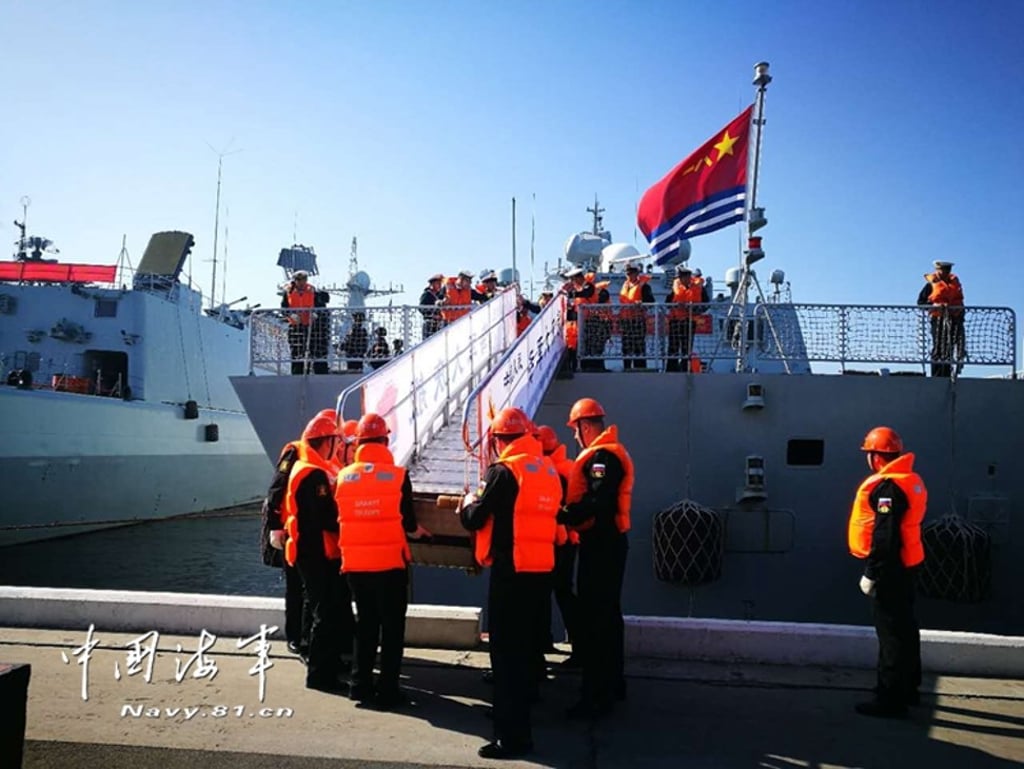China, Russia begin naval drills close to North Korea
Bilateral exercise is second instalment of a two-part drill that began in the Baltic in July

China and Russia began naval drills near North Korea on Monday amid continuing tensions over its nuclear ambitions and ahead of a United Nations General Assembly meeting this week, where the isolated state is likely to loom large.
North Korea launched a missile over Japan on Friday, its second in the past three weeks, and conducted its sixth and by far most powerful nuclear test on September 3, in defiance of international pressure.
The joint exercises will take place between Peter the Great Bay, just outside the Russian port of Vladivostok, close to the Russia-North Korea border, and into the southern part of the Sea of Okhotsk, to the north of Japan, Xinhua reported.
The drills are the second part of China-Russian naval exercises this year, the first of which took place in the Baltic in July. The report did not directly link them to current tensions over North Korea.
